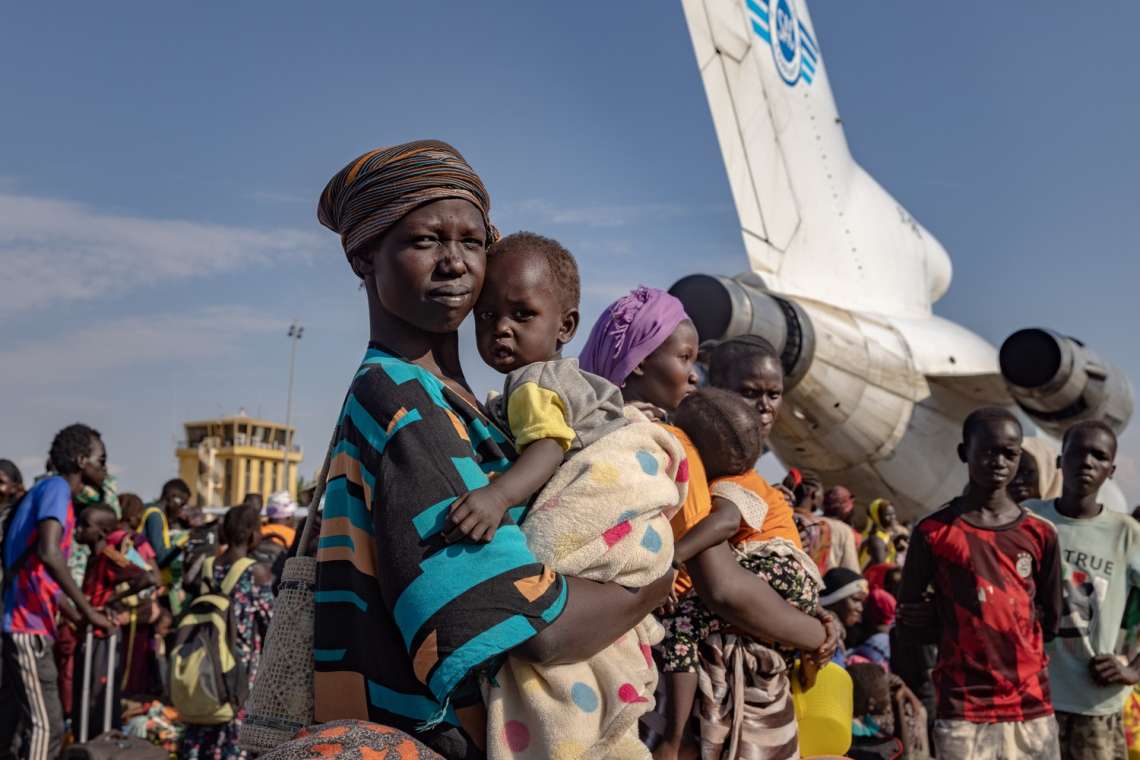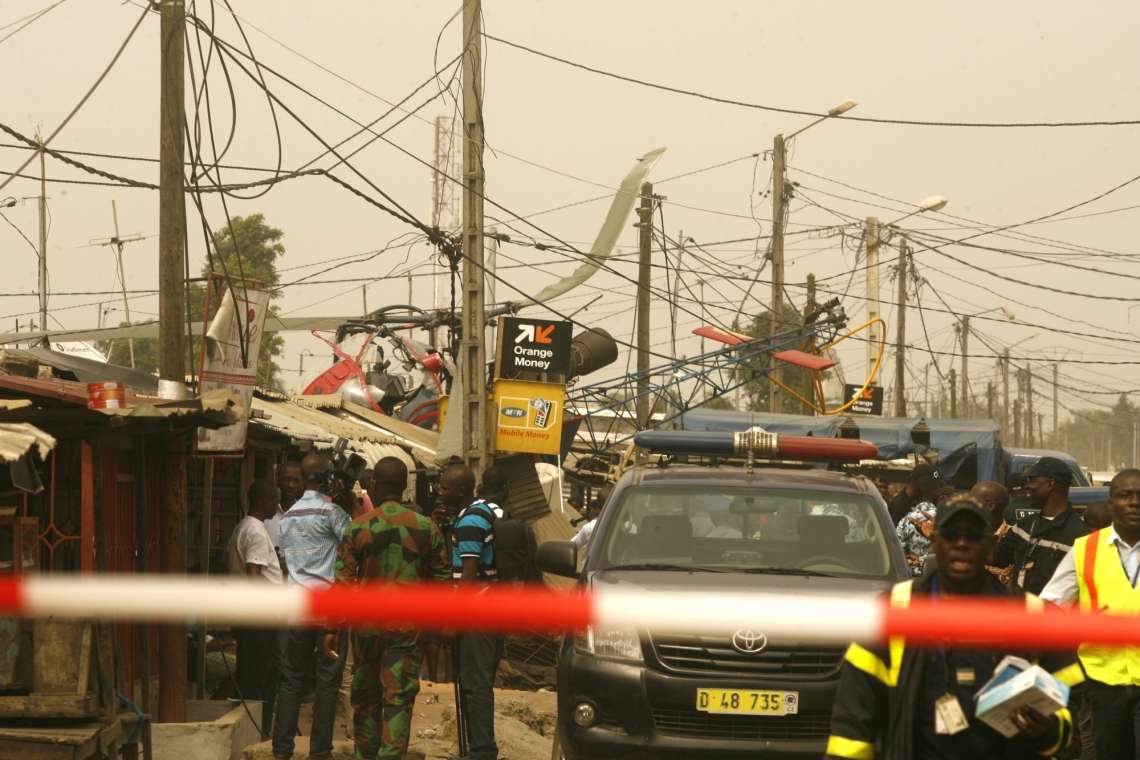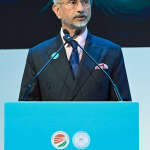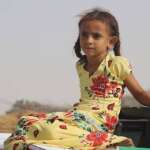El-Fasher has become the epicentre of the battle for control of Darfur, once the site of another bloody conflict two decades ago
At least 24 civilians have been killed and more than 50 wounded after Sudan’s paramilitary Rapid Support Forces (RSF) shelled densely populated neighbourhoods in the city of el-Fasher, the provincial capital of North Darfur, according to medical workers. The attack on Wednesday underscores the devastating toll of Sudan’s 16-month civil war, which has left millions displaced, tens of thousands dead and entire communities on the brink of famine.
The Sudan Doctors Network, which has been monitoring the war, said the RSF targeted the city’s central market and the Awlad al-Reef district, both crowded areas where civilians were going about their daily lives. Among the 55 wounded were at least five women. The RSF, which has been locked in a brutal conflict with Sudan’s armed forces since April 2023, did not immediately respond to requests for comment.
El-Fasher has become the epicentre of the battle for control of Darfur, once the site of another bloody conflict two decades ago. It remains the Sudanese army’s last stronghold in the region. For more than a year, the RSF has encircled the city, cutting off supplies of food, medicine and humanitarian aid to its 260,000 residents, nearly half of them children. The United Nations Children’s Fund (UNICEF) warned this week that the siege has turned el-Fasher into “an epicentre of child suffering”, with malnutrition, disease and violence claiming lives every day.
According to UNICEF, some 130,000 children are trapped inside the city. At least 6,000 are suffering from severe acute malnutrition and are at risk of dying unless aid deliveries are allowed through. Families have reported being forced to survive on wild plants and grass as food shortages worsen, and disease spreads in overcrowded shelters and camps.
The shelling of el-Fasher is the latest in a series of attacks on civilians in Darfur. In April this year, RSF fighters carried out a major assault on two displacement camps on the outskirts of the city, leaving hundreds dead. In August, the United Nations documented the killing of at least 89 civilians in el-Fasher and nearby villages over a ten-day period. Among them were 16 people who were reportedly executed without trial.
The UN human rights office has accused the RSF of committing atrocities against civilians, including ethnically motivated killings, sexual violence and forced displacement. The International Criminal Court (ICC) announced in July that it was investigating possible war crimes and crimes against humanity committed by both sides in the conflict.
Sudan’s civil war erupted in April 2023 after months of tension between the army, led by General Abdel Fattah al-Burhan, and the RSF, commanded by General Mohamed Hamdan Dagalo, better known as Hemedti. The two factions had shared power following the ousting of longtime ruler Omar al-Bashir in 2019, but their fragile alliance collapsed into open warfare in the capital, Khartoum, before spreading across the country.
Since then, more than 40,000 people have been killed, according to estimates by rights groups and aid agencies. The conflict has displaced at least 14 million people, making Sudan home to one of the world’s worst humanitarian crises. Neighbouring countries including Chad, South Sudan and Egypt have absorbed waves of refugees, further straining already fragile economies.
The violence has also fractured Sudan along ethnic and regional lines, with Darfur once again at the centre of allegations of genocide. Rights groups have accused the RSF and allied militias of targeting non-Arab communities, echoing the atrocities that shocked the world during the Darfur conflict of the early 2000s.
Aid agencies say Sudan is sliding into famine, with some families resorting to eating leaves and grass in order to survive. The Integrated Food Security Phase Classification, the global authority on hunger crises, has warned that several parts of the country are already experiencing “catastrophic” levels of hunger.
But aid delivery has been hampered by the fighting and by restrictions imposed by both warring sides. The UN says more than 16 months of siege in el-Fasher has created “desperate conditions”, particularly for children and women. Hospitals have run out of essential supplies, and doctors have reported being overwhelmed by casualties from repeated shelling and airstrikes.
Despite repeated calls for a ceasefire, international efforts to mediate have so far failed. Peace talks brokered by the United States and Saudi Arabia collapsed last year, and subsequent attempts by regional bodies have struggled to gain traction. Western governments have imposed sanctions on RSF leaders and Sudanese military officials, but observers say these measures have had little impact on the battlefield.
Meanwhile, the ICC’s investigation has raised hopes that perpetrators of atrocities will one day face justice. However, many Sudanese fear accountability will come too late to save those trapped in besieged cities such as el-Fasher.
For civilians, the latest shelling has reinforced the sense that nowhere in Darfur is safe. “People here are living in constant fear,” said a doctor with the Sudan Doctors Network, speaking on condition of anonymity for security reasons. “Every day we receive children with shrapnel wounds, families torn apart, lives destroyed. The world cannot look away.”
As the war grinds on with no resolution in sight, Sudan’s people remain caught between two ruthless forces. For those still trapped in el-Fasher, survival now depends on whether humanitarian corridors can be opened before famine and disease claim even more lives.














